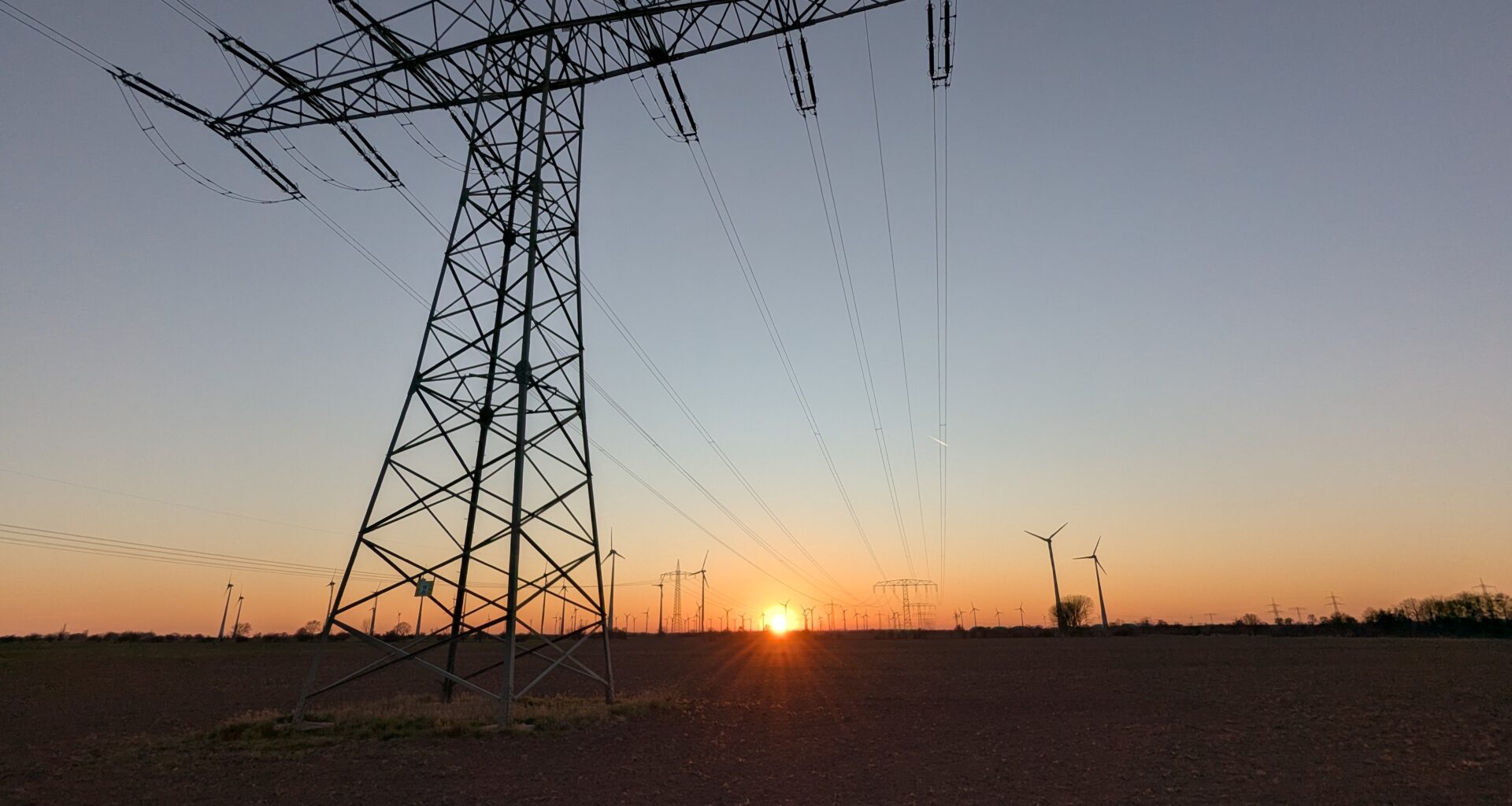Reports about lower-than-expected electricity demand, the statements by minister Reiche, and the document outlining the expectations for the monitoring report, prompted critics to warn that the government might try to slow Germany’s renewables expansion, which could hinder the wider energy transition. They worry that the monitoring report could make recommendations which diverge from existing climate and energy targets.
A spokesperson from the economy ministry told Clean Energy Wire that targets remained. “Taking climate targets into account, consistent focus on cost efficiency and security of supply in all areas is the guiding principle behind monitoring and the resulting options for action,” the spokesperson said.
Climate NGO Germanwatch warned that the “reality check” relies on scenarios that in some cases fail to account for Germany’s climate targets. The group, which analysed the government’s tender of the monitoring report, criticised both the content and methodology. It warned the report could end up being less about identifying necessary improvements for the energy transition and more about “providing targeted and selective evidence for arguments in favour of significantly lowering the level of ambition and continuing to rely on fossil fuel-based energy supply structures for longer.”
Energy industry association BDEW said it agreed that it is important to harmonise renewables and grid expansion, and that the buildout of wind and solar PV parks should be “geared more towards yield and the costs of system integration.” However, it emphasised that there is “no doubt concerning the significant long-term need to expand renewable energies in Germany” and the electrification of sectors like transport and heating due to the country’s 2045 climate neutrality target. It said the monitor should therefore avoid fundamental changes to the agreed path for renewables expansion and instead focus on limited adjustments and prioritising certain projects.
A report by think tank Epico and consultancy Aurora Energy Research concluded that “even with lower growth in electricity demand, major efforts to expand renewable energy remain essential in the years ahead.”
Nina Scheer, energy policy spokesperson for the SPD parliamentary group, one of the governing coalition parties, also voiced criticism. The tender document for the monitoring showed “incompatibilities with the coalition agreement” wrote Scheer in a letter to the economy ministry.
Business-daily Handelsblatt assessed important energy transition research reports of the recent past and concluded that all assumed an accelerated renewables expansion.
Others have welcomed the report and its potential implications. Proponents of the government’s approach to curbing energy system costs include Leonhard Birnbaum, CEO of energy company E.ON. The head of the energy distribution and retail company criticised that an “unchecked growth” of renewables would ultimately lead to higher costs for adapting the grid. “We need a constant reality check instead of political targets,” Birnbaum argued. He urged the government to make “unpopular” cuts to renewables support and allow more flexibility through digitalisation to bring down costs eventually.
Grid operator 50Hertz‘s CEO Kapferer also said that plans for future network expansion should be revisited. “Do we really need the three additional DC connections that are planned? If so, what capacity should they have? By when should they be completed,” he asked in an interview with WirtschaftsWoche.
